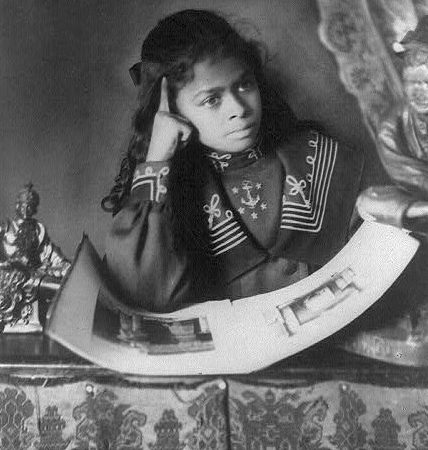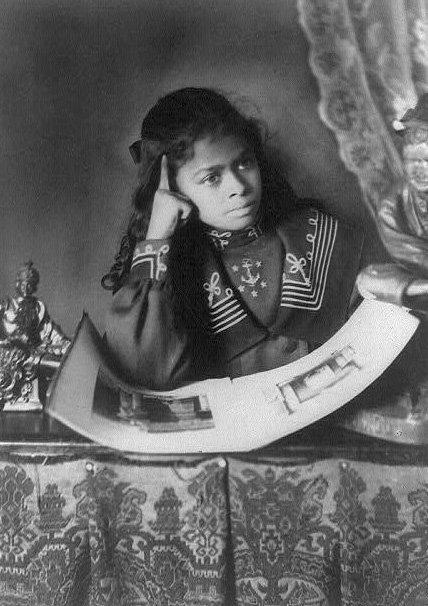
A picture is worth a thousand words. We all know this saying.
To a newly freed population of African Americans, this simple concept pointed to the use of early photography as a tool for reclaiming one’s individuality, a document evidencing one’s liberation and, in a population that had been denied access to education, a powerful statement of visual literacy.
Last month, I represented RIHS as guest speaker at Atria Harbor Hill Assisted Living Community in East Greenwich, R.I. My presentation, excerpted here in PDF form, focused on the lives of African Americans, before, during and after the Civil War.
The majority of the images are available online in the Prints and Photographs Online Catalogue of the Library of Congress. The exception is the cover image used with permission from the Chrysler Museum, Norfolk, Va.
Although the people in these images are unidentified, we can know a lot about them and the world in which they lived through the lens of early photography.
Those who attended the lecture expressed their enjoyment, and several ladies were particularly interested in the details of the period clothing. While packing up to leave, several members of the Community said to me that they had learned something new – for me, that was best of all.
Interested in learning more? Be sure to register for your free tickets to Smithsonian Magazine’s Museum Day Live! on March 12. I’ll present a special edition of “Re-Claiming Oneself: Identity, Liberty, & Visual Literacy in the African American 19th Century Photographic Archive” at the John Brown House Museum as part of the Smithsonian’s “Inspiring Women and Girls of Color” campaign!
Renée Neely
Research and Public Engagement Coordinator

